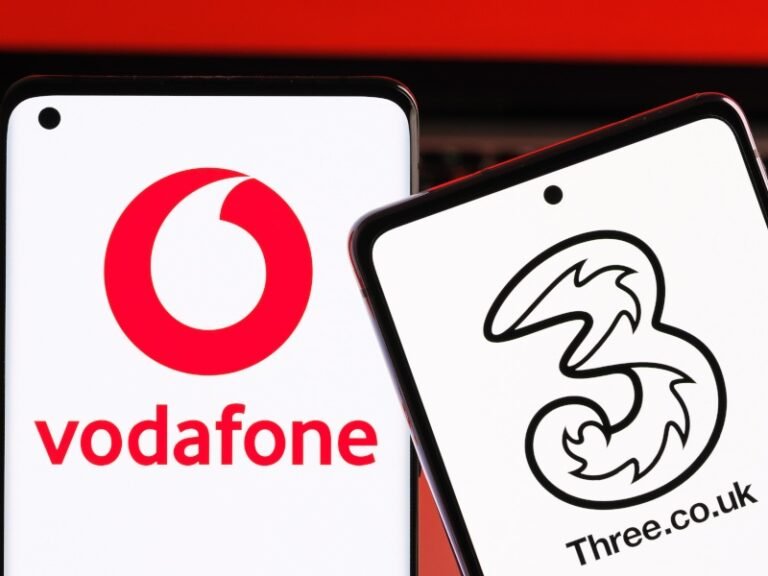Vodafone and Three have issued a formal response to the UK Competition and Markets Authority’s (CMA) provisional findings on their proposed merger, which aims to reshape the UK’s mobile market.
The telecom giants argue that the combination of their networks will enhance competition, drive investment, and significantly improve the country’s digital infrastructure, particularly in 5G availability and speed. Currently, the UK ranks 22nd out of 25 European nations for 5G performance, according to an Opensignal report.
The companies disagree with certain elements of the CMA’s findings, especially concerning pricing and the potential impact on the wholesale market.
Vodafone and Three maintain that the merger will not lead to higher prices, contrary to the CMA’s assumptions, and argue that it will strengthen competition by offering better quality services to Mobile Virtual Network Operators (MVNOs). They emphasized that their £11 billion investment plan is designed to improve network quality without relying on price increases.
The merger would benefit over 50 million mobile customers across the UK, according to Vodafone and Three, by extending the improved network capabilities to other mobile providers, including Virgin Media O2 (VMO2).
The companies also highlighted that the merger will boost productivity, support new industries like AI, and address the UK’s digital divide, which is crucial for the country’s economic growth and technological advancement.
While the final decision from the CMA is not expected until December 7, Vodafone and Three have expressed their willingness to work with the regulator to resolve any outstanding concerns.
They reiterated their commitment to the merger, which they believe is critical for transforming the UK’s telecoms landscape and fostering long-term growth in both the private and public sectors.




